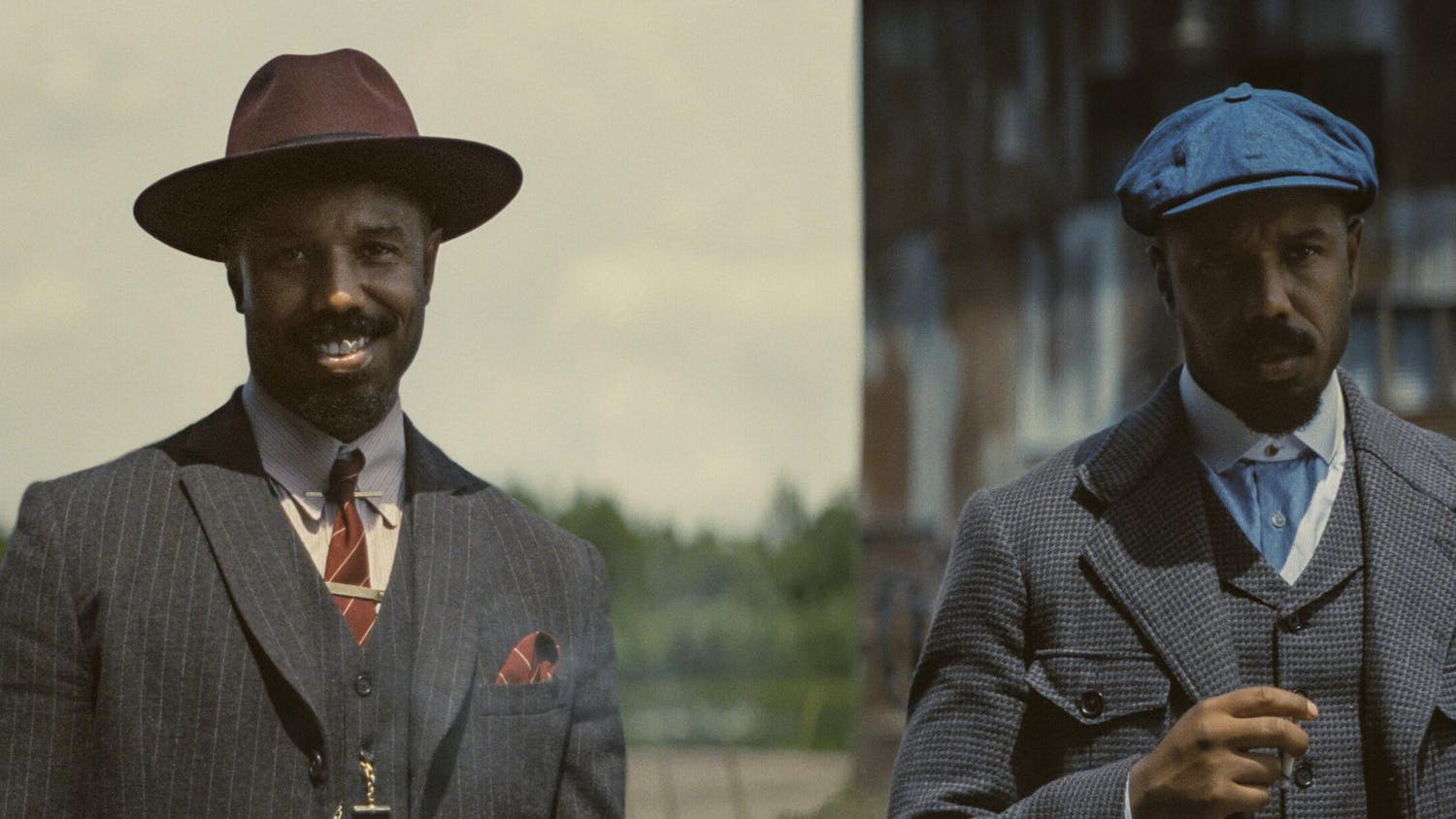In the heated atmosphere of election season, it would seem that nearly everything becomes politicized.
From contraceptive rights to word choice to mere hugs, just about everything is
partisan.
I read an article this week by Kevin Leininger titled “What explains government’s selective religious sensitivity?”
Leininger, who writes for the Fort Wayne News-Sentinel, is well-known for what would popularly be described as conservative viewpoints.
In my opinion, his views can be more aptly called gender-normative, old-fashioned or, in the case of his most recent article, underdeveloped, not to mention full of sweeping generalizations.
Throughout his column, Leininger references the recent controversial film “Innocence of Muslims,” which depicts the Muslim prophet Muhammad in a disrespectful manner, and the subsequent reactionary attacks against U.S. embassies and diplomats in Libya and throughout the Middle East.
Leininger makes the argument that Islam is not a religion of peace.
Based on his selective interpretations of recent world events, Christians hardly ever take such offense to transgressions against their religion.
Although Leininger appears to mock the idea that multiple religious paths have equal amounts of validity, the fact of the matter is that no one on Earth can say with absolutely certainty that his or her religion is the one true way.
There are simply certain realms of knowledge that are beyond the human mental capacity. Therein lies the beauty of spirituality.
I once read a quote about the spiritual universe being like a stained glass window, with the people of the world standing beneath it in the colorful flecks of its shadow.
While the different colors of light are beautiful, the people can see only the color in which are standing, never viewing the stained glass window in its entirety.
At their cores, different religious paths seek to answer the same questions about what it means to be human.
From Christianity to Islam to Secular Humanism to Buddhism, each seeks to build a world that is more just and loving in which humans can live in peace.
This isn’t a liberal or conservative idea.
It’s a logical one. It’s the idea that inspires people to put the COEXIST bumper stickers on their cars and form interfaith organizations.
It’s when people choose to set their religions up as battles of us versus them, as Leininger does in his column, that tension erupts and we lose our ability to empathize with one another.
Rather than painting an entire faith with wide, generalizing brushstrokes, we must work to emphasize our commonalities and educate ourselves about spiritual paths that may be different from our own.
It might be human nature to form tribes and cultivate an attitude of “us versus them,” but that means we must work that much harder to fight against the biases within ourselves and develop a culture of compassion and tolerance.
Maybe then we’ll realize that we’re all inhabiting the same planet, sharing a common humanity beneath beautiful shards of light.
— kabeasle@indiana.edu



